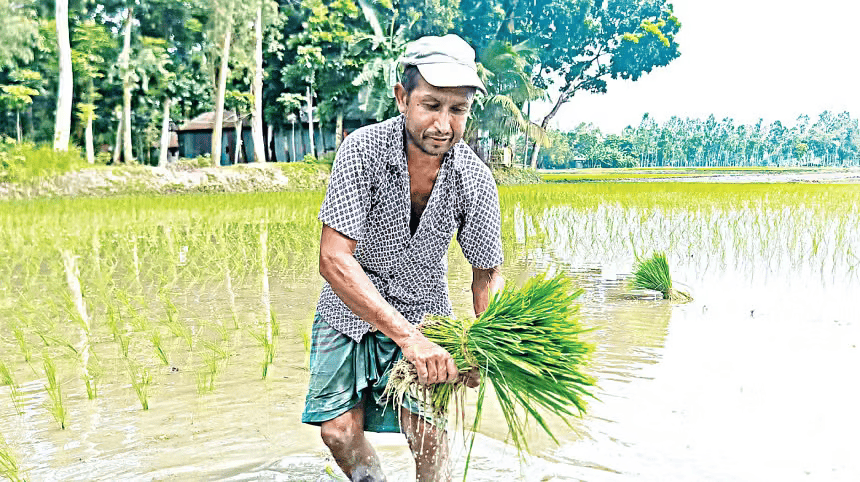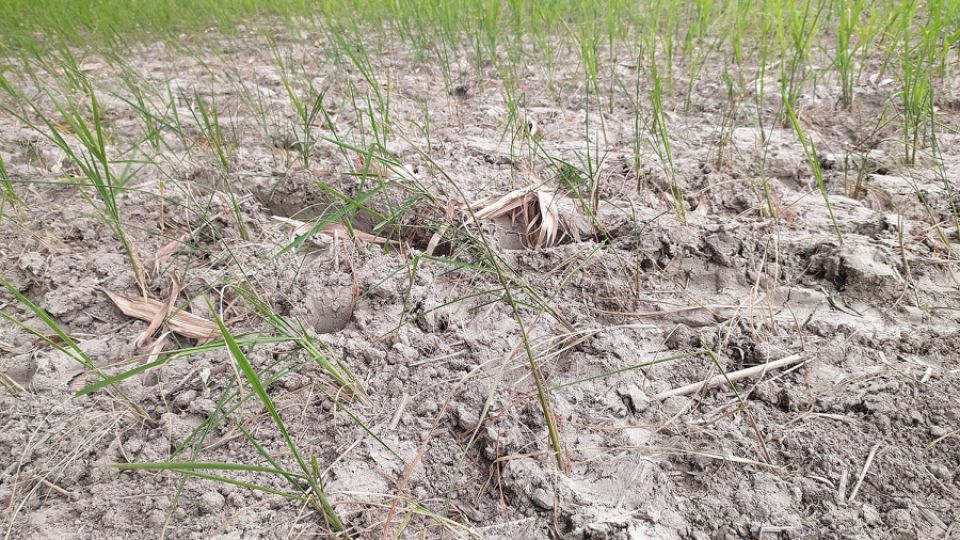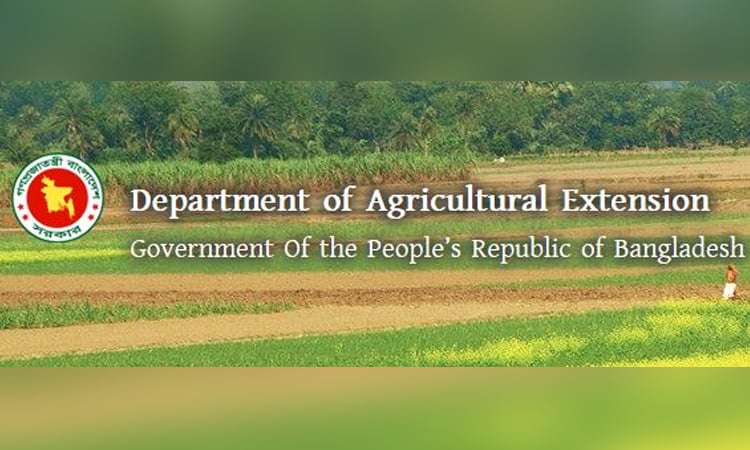Tags
SPECIAL REPORT: Agricultural intervention project leads to bumper harvest for Kano farmers
The project, under the Kano State Agro-pastoral Development Project (KSADP), is a multifaceted food security, poverty alleviation, job creation, and conflict mitigation programme.
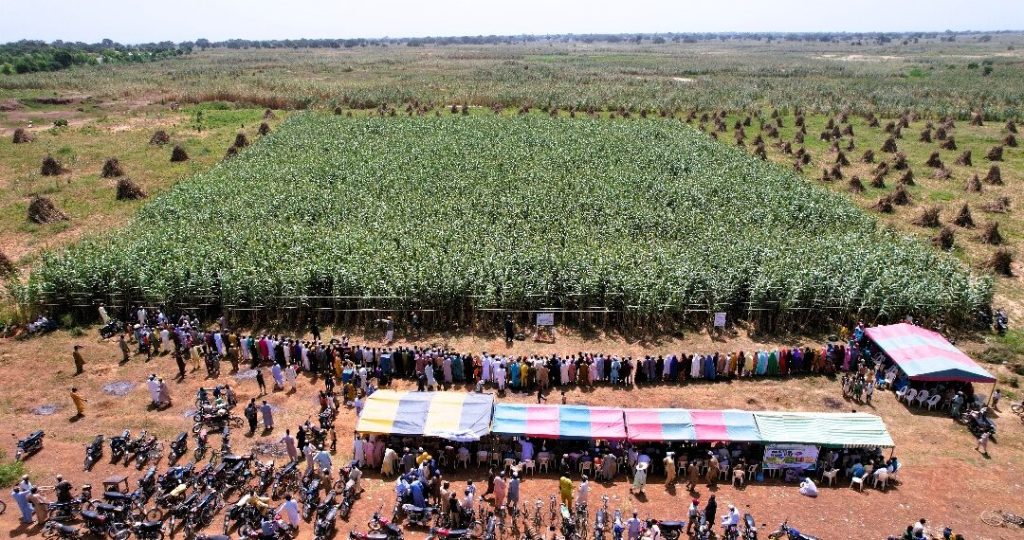
Laraba Muhammad could not hide her happiness after she saw a bumper harvest for the first time, five years after she started rice farming.
Mrs Muhammad from Kura Local Government Area of Kano State attributed the success to skills acquired, which enhanced her knowledge of the desired seedlings; and fertilisers that are resilient to drought, floods, and other related challenges occasioned by climate changes.
“The fate was achieved through an initiative by the Sasakawa Africa Association (SAA) that trained us on climate-smart farming. They taught us how to make organic fertiliser, and homemade pesticides, and provided free extension services for the farmers,” Mrs Muhammad told PREMIUM TIMES.
“This is my fifth year in rice farming, this is the year that comes with a bumper harvest, we are also able to minimise post-harvest loss, and cost of production because we were trained by the Sasakawa’s team on how to do fertiliser and pesticides using available local resources.
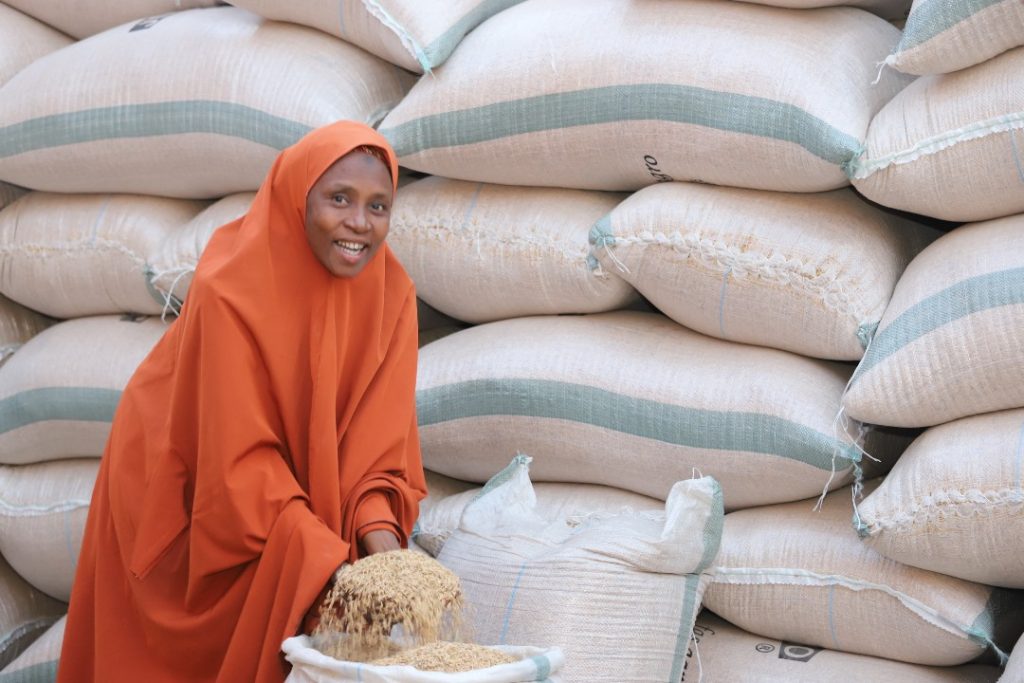
Laraba Muhammad
“The size of the farm is 0.5 (half a hectare) which I used to harvest 20 to 25 bags of paddy rice, after the training and mentorship, I harvested 38 bags of paddy in the same farm,” the elated Mrs Muhammad said while posing on the bags of rice which overstretched her silo and is now stockpiled in her compound.
Mrs Muhammad is one of the leaders of the female rice farmer cooperative comprising 1,215 members being coached by the Sasakawa team in Kura Local Government Area.
“We are thankful to Sasakawa’s team and their leadership and hope that more training is on the way so we can learn more new things again in climate-smart farming,” she said.
The Project
The project, under the Kano State Agro-pastoral Development Project (KSADP),
is designed as a multifaceted food security, poverty alleviation, job creation, and conflict mitigation approach, through a partnership with the Islamic Development Bank (IsDB) and the Lives and Livelihoods Funds. The IsDB funded the project with $95 million which has different components.
There are also livestock, irrigation, and infrastructure components. The crop productivity component is being implemented by the Sasakawa Africa Association.
Under the project, in Gwarzo Local Government Area, maize farmers were introduced to a maize variety of Sammaz 51 which has a yield potential of 7 to 8 tonnes per hectare.
In interviews with some of the beneficiaries, they said the project availed them access to quality seedlings and strengthened their on-market sustainability – they are linked with seed companies even after the life cycle of the project, they can become out-growers for the seed companies, they produce for the company, earn income and improve their living standards.
One of the farmers, Aminu Bakanike, said he got 62 bags of maize seedlings from a hectare of land after getting all the desired seedlings, fertiliser, pesticide, and other inputs for free.
“Previously, I harvested a maximum number of 27 bags. We are now trained on how to plant maize which is different from the usual traditional practices, which now almost triples the yield of the production,” Mr Bakanike said.

Aminu Bakanike and team at his maize farm in Gwarzo LGA
He said all the over 100 members of the Gwarzo Maize Farmers Association, trained by the Sasakawa team, witnessed an exceptional bumper harvest that was never recorded before.
“The quantity of the harvest varies across farmers, some are reluctant to learn from the new reality, their harvest is still high but not as much as those of us who heeded the advice of extension workers. We are grateful to the Islamic Development Bank for their support and the Sasakawa’s team for the new knowledge,” the maize farmer said.
Regenerative agriculture the way out – Expert
Farmers under the project across the state are being trained on the approach of regenerative agriculture, an official said. This implies taking care of the soul’s health which is a priority to make farming continue for generations to come without depleting the soul, said Albert Taru, Sasakawa’s programme officer for Regenerative Agriculture.
At Kura Local Government Area, Mr Taru said, they coached all female farmers in the practice of regenerative agriculture.
“We have female groups as part of our approach in regenerative agriculture in establishing demonstration plots serving as training schools where farmers learn the practices that are climate-sensitive and more economical.
“We use this platform to train and disseminate modern farming technology that is climate-friendly (specifically for the rice farmers). We consider a Faro 44 rice variety for its early maturing and resilience to diseases. We used an organic fertiliser for the crop produce in place of inorganic fertiliser and chemicals to do the cultivation. The farmers adopted it and we have a success story.

“The Faro 44 crop variety has an early maturing period because we know the changes in weather and rainfall patterns, we need a variety that can adapt, the Faro 44 is good for that it has a maturing period of 100 to 110 days and is also resilient to certain diseases because, with the changing in weather variables, disease incidents are high, Faro 44 is resistance to the diseases. We introduced the variety to the women-only groups, we supported them with all the inputs.
“We gave out organic fertiliser, organic pesticides, and herbicides and we guided them through the production, site selection down to the seed sowing, and the general practices. Faro 44 as a variety has a yield potential of 7 to 10 tonnes per hectare, one of the farmers recorded 38 bags which equates to 3.8 tonnes on a 0.5 hectare is an exceptional performance with the fact that they are getting this with purely organic input.
“It shows that the potential for organic farming for farmers to employ climate-friendly practices still enjoys substantial yield in crop performance. In market-wise, organic products have a better market value.
“Before the commencement of the project, the baseline study indicated that the farmers’ baseline target for rice obtainable yield is around 1.5 metric tonnes per hectare. As a project, we are tasked to uplift the farmers’ productivity to 4 tons per hectare. The farmers (under the KSADP project) are recording up to 7.2 tons per hectare,” Mr Taru said.
Bumper harvest, new wife – Beneficiary
Ibrahim Farouk, one of the beneficiaries from Bagwai Local Government Area, said he saw changes after he adopted the climate-smart practices in his rice farm which he had never seen before.
“I was practising traditional farming without considering the kind of seeds and pattern of planting,” he said.
“The KSDPA provided us with all the necessary farming inputs that boost the harvest. Previously, I harvested a maximum number of 50 bags of paddy rice and a minimum of 45 bags, but following the intervention, I got over 75 bags of paddy which I sold some parts and married a new wife,” Mr Farouk said.
With the bumper harvest, I got a new wife, I have a reserve to sell and buy other essential things and carter for the next season of farming, he added.

According to the Project Coordinator, Hamisu Kofarmata, the overall objective of the KSADP is to contribute to reducing poverty and strengthening food and nutrition security in the state by developing agro-pastoral production systems.
He said the Sasakawa Africa Association (SAA) has been operating in the country for 36 years now and partnered with the state government to implement the crop value chain of the project which is about $19.3 million.
The major mandate of SAA is to support 450,000 direct beneficiaries across the 44 local government areas of Kano State. The farmers in these value chains are those growing cereals like rice, maize, millet, and sorghum as well as vegetables which comprise tomatoes, onions and cabbage, Mr Kafarmata said.
“The SAA is a technical partner under the KSADP providing technical support to the government’s extension efforts of enhancing agricultural productivity and competitiveness through increased access to inputs, value addition extension services delivery, agri-business development, and capacity strengthening of farmers in production, post-harvest operation, and market access across selected value chains,” the official said.
https://www.premiumtimesng.com/regional/nwest/656555-special-report-agricultural-intervention-project-leads-to-bumper-harvest-for-kano-farmers.htmlPublished Date: January 6, 2024




